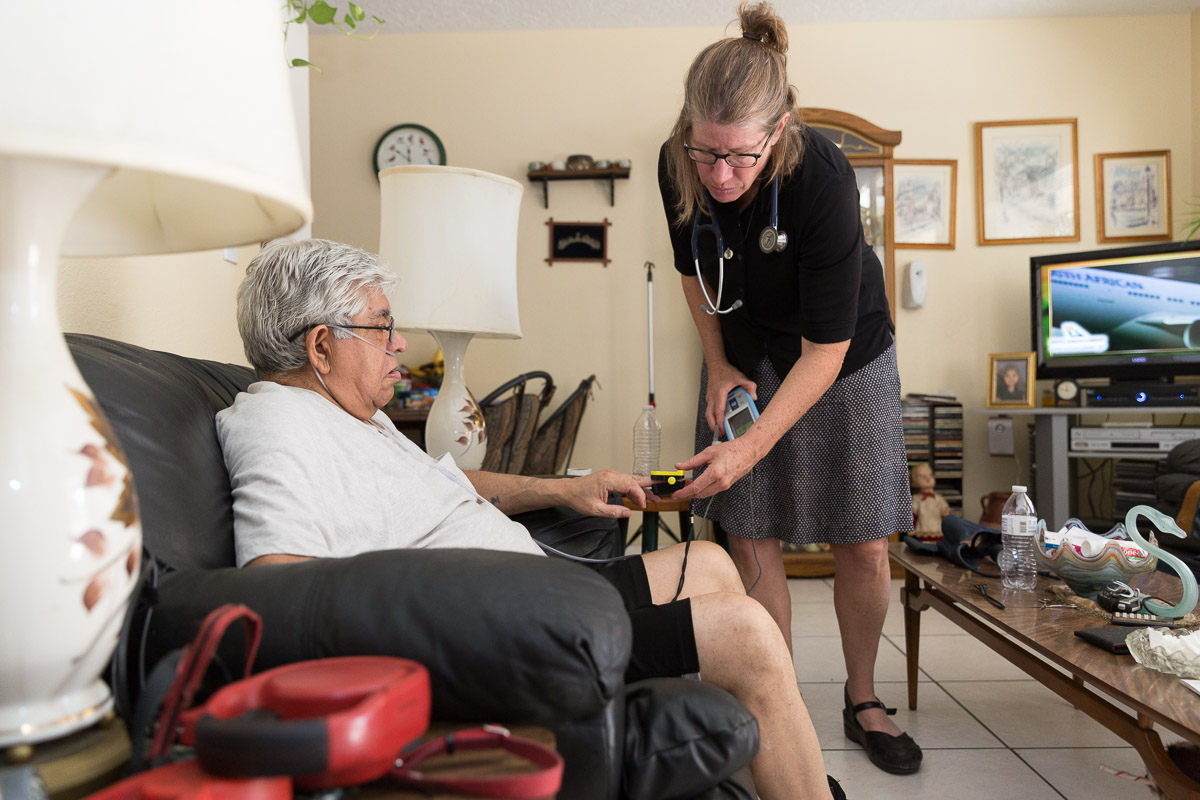This week has been the week of speaking with different professionals on training and how companies place employees in jobs that are not properly trained in their skill set to pay them less and get more out of them. I used to work for a large insurance company that employed over 80,000 people. I worked in the long-term care department which had about 400 staff from administrative assistants to presidents. I was the manager of case managers which consisted of RN’s, LPN’s and Social Workers. They all did the same job and got paid different salaries to do it, however the job description and responsibility was the same.
I felt that this policy of having nurses and social workers working on the same cases needed to be changed. Having all the staff doing the same exact work and paying them differently based on their degree and expecting the same level of skill, was inappropriate. Nurses have a different skill set than social workers. If a patient has a medical issue, the social worker that is visiting that member in the home completing an assessment may not be able to capture that the member has been retaining water in their ankles and think to ask if they are on a diuretic. Much like the nurse that goes in the home setting and sees a patient that has issues paying their light bill won’t know where to call to find a resource for them. The patient may be concerned because they are on oxygen at home; they wonder how they will pay their light bill and what they will do if the power is turned off. This can be a liability to any staff member but also a disservice to the patient.
In contrast, I worked for another company that did case management. I loved that job, until federal cutbacks came along for the program during the new Obama administration. The company employed RN’s, MSW’s, CHW’s, Nutritionists and Behavioral Health Specialists. The cases were assigned only to nurses and there were two tiers of nurses, regular case managers and those that were more experienced received complex care patients. The other staff MSW’s, CHW’s , Nutritionists and Behavioral Health Specialists were consulting on the files that the nurses referred to them. They would work as a team with the nurses. This team work gave the patient a more well-rounded form of care.
There are several leadership styles in companies, autocratic, democratic and laissez-faire. In the large insurance company that had all the workers regardless of skill set do the same job, the leadership was autocratic. The department maintained total control in all decisions and no opinions or suggestions were accepted from others. There was no opportunity to make a change due to the leadership style. In my prior job, where everyone worked on a tiered team, there was a democracy; decisions were made after consideration of input from the staff (Mitchell, 2013).
There are some days that as a professional you want to see changes implemented or at least considered, however the leadership does not support that. If you are the type of person that works for the better of seeing changes in a situation, get involved in the departments or committees that have a say in policy writing, this will be the only way to see changes that can be discussed for the betterment of the company.
References
Mitchell, G. (2013, April). Selecting the Best Theory to Implement Planned Change. Nursing Management, 20(1), 32-37. Retrieved from http://web.a.ebscohost.com.library.capella.edu/ehost/pdfviewer/pdfviewer?sid=4ba42c53-9a6d-4ec5-b6bb-2f078e04b7c7%40sessionmgr4001&vid=1&hid=4204








